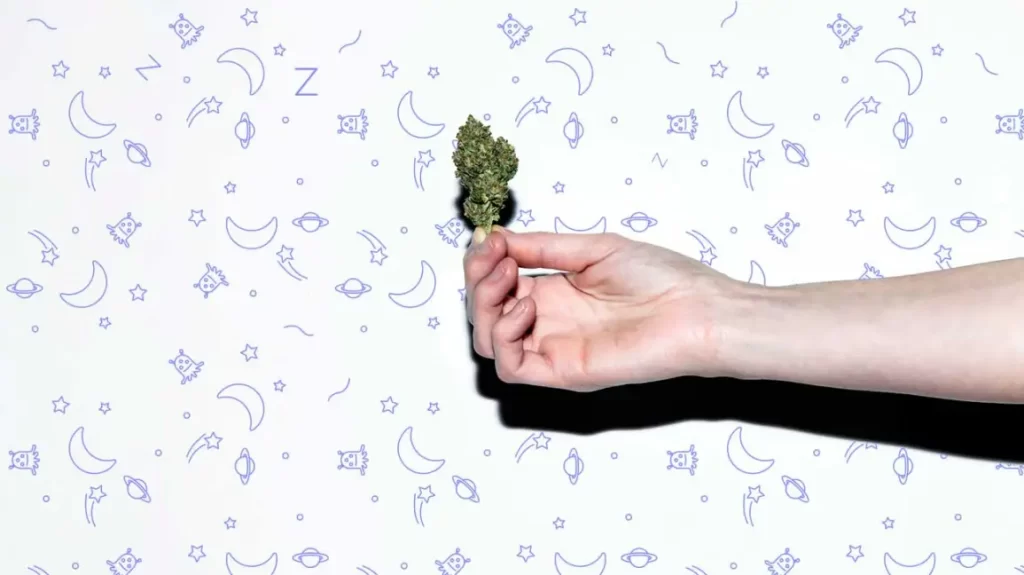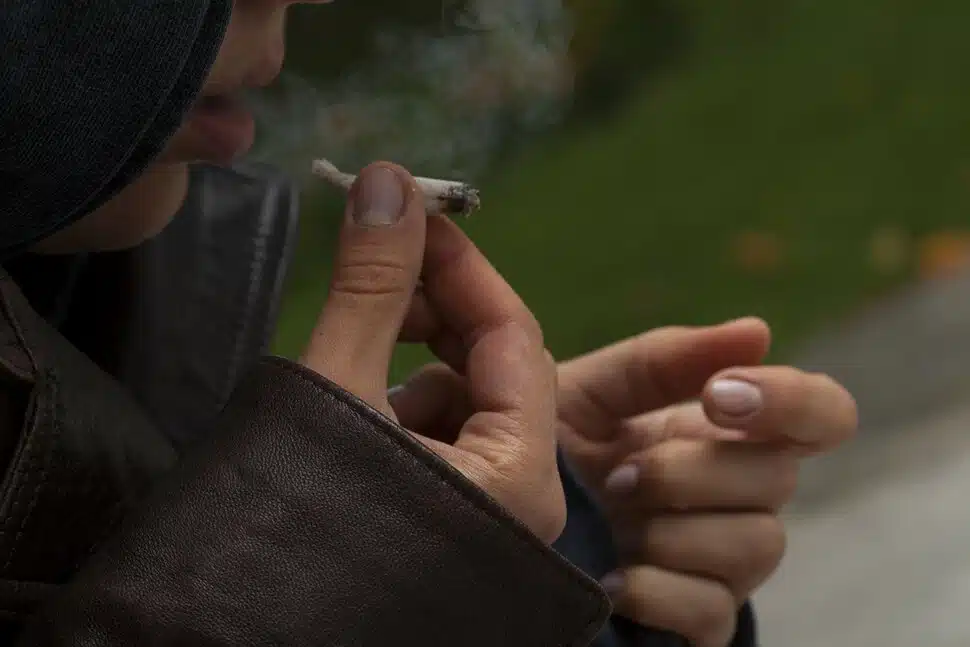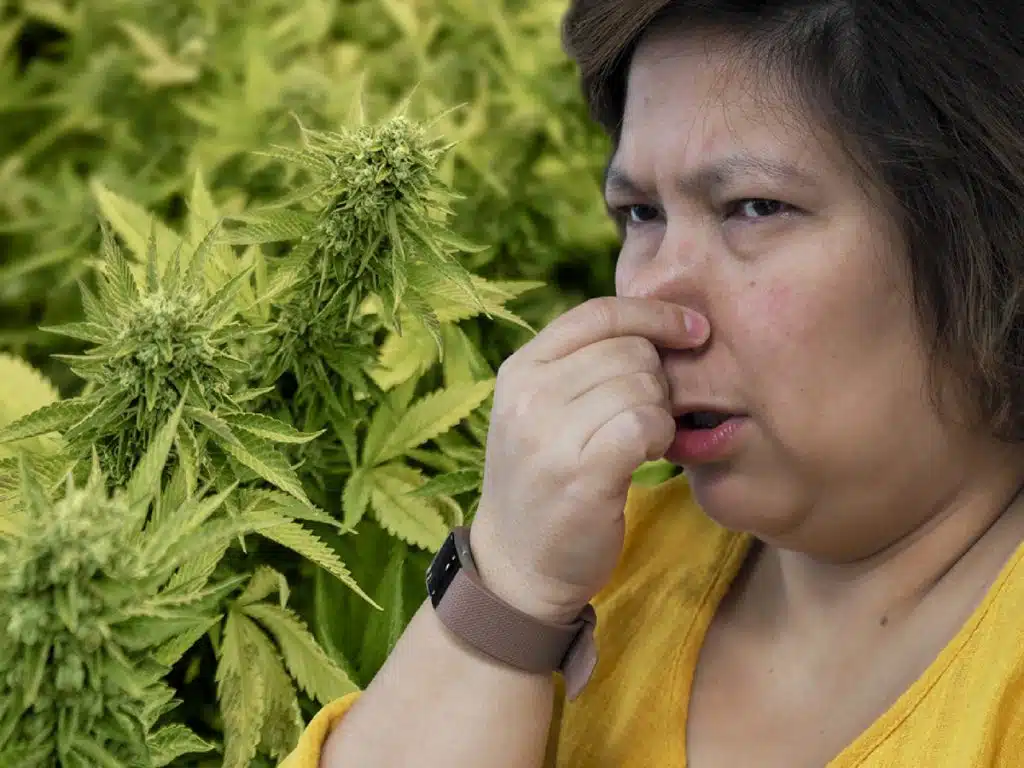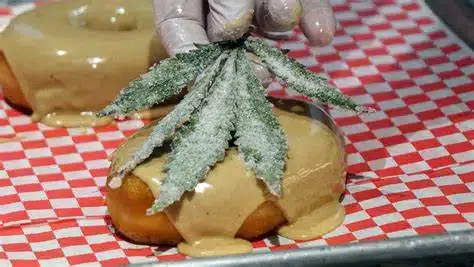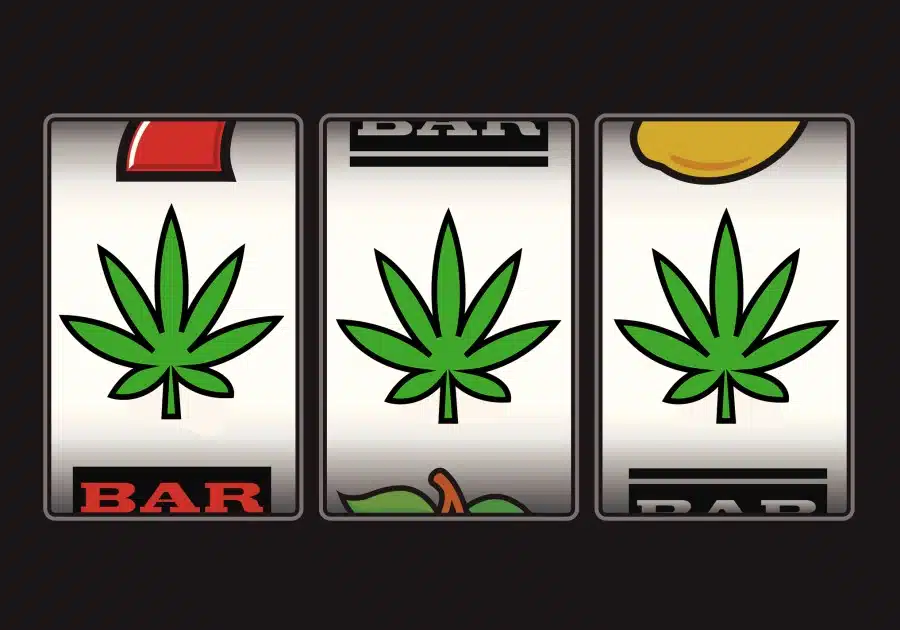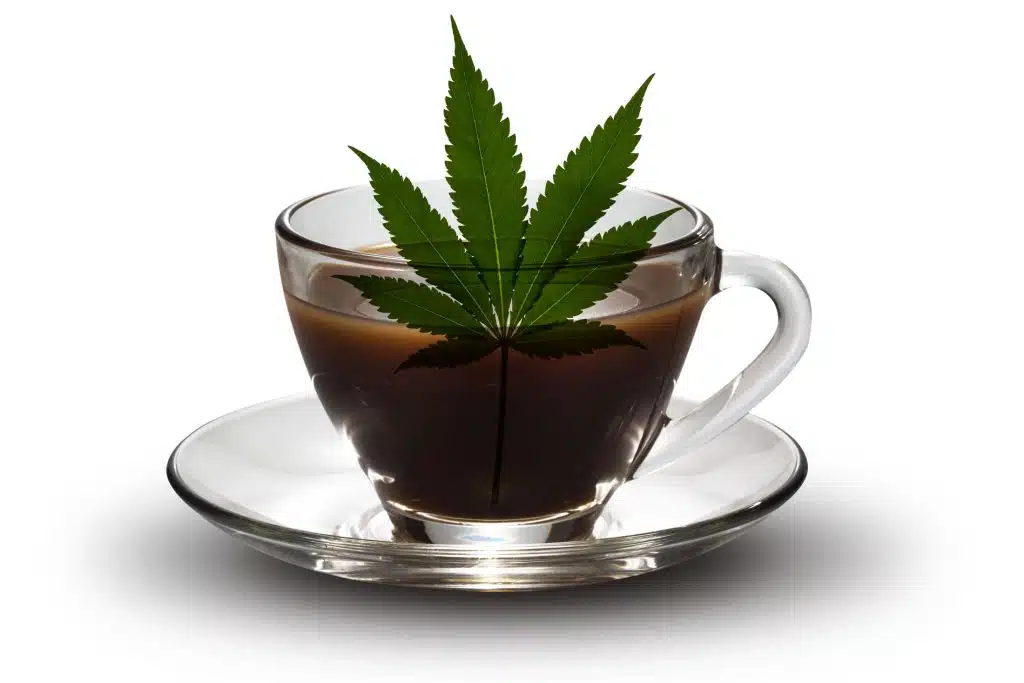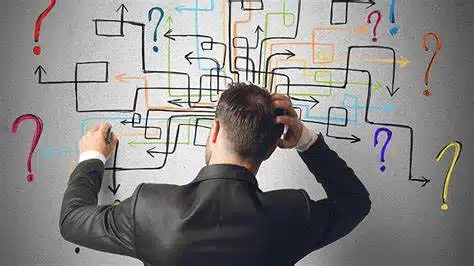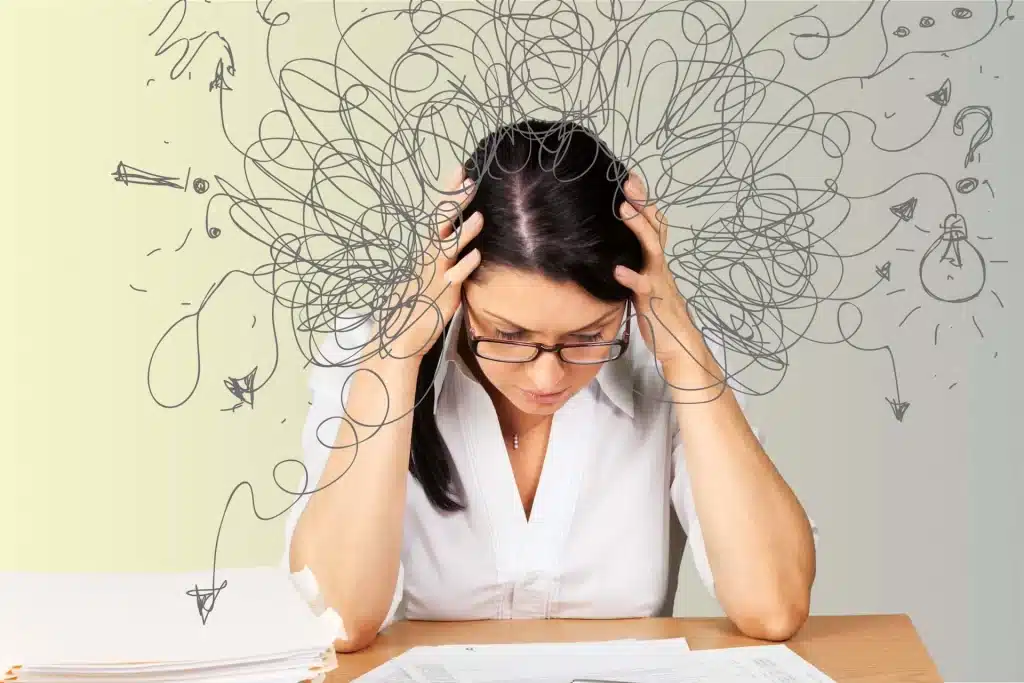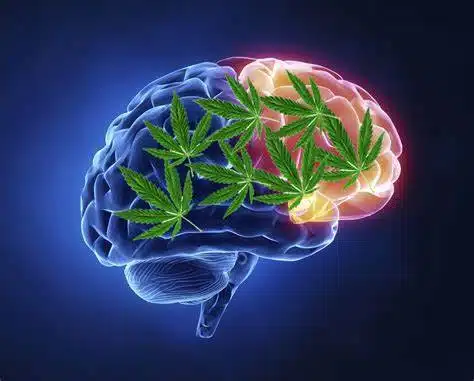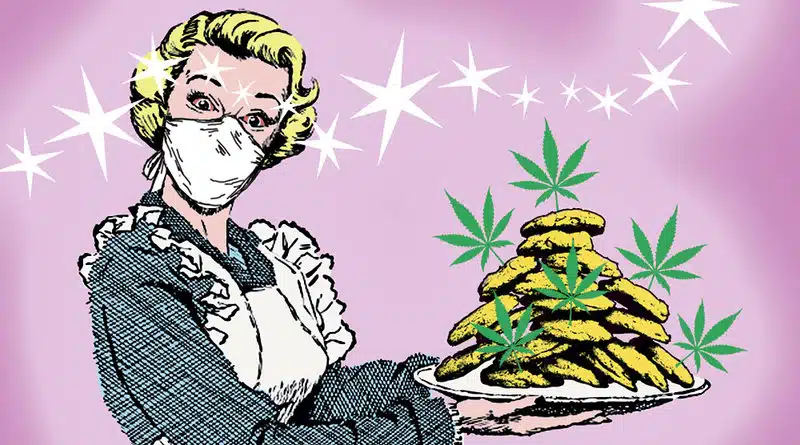Combining Weed And Therapies

Combining Weed And Therapies: A Comprehensive Guide
Are you struggling with mental health issues and considering using weed in combination with therapies? You’re not alone. Many people have found that using cannabis alongside therapies can be an effective way to manage symptoms of anxiety, depression, PTSD, and other mental health conditions.
Substance abuse is a complex issue that can have a significant impact on a person’s mental health and overall well-being. While using weed in combination with therapies can be helpful for managing symptoms of anxiety, depression, and other mental health conditions, it’s important to note that it can also be an effective tool for addressing substance abuse.
One of the primary benefits of therapy for substance abuse is that it can help individuals identify the underlying causes of their addiction. This may include past trauma, mental health issues, or other factors that contribute to substance abuse. By working with a therapist to identify these underlying issues, individuals can develop a better understanding of their addiction and begin to address it more effectively.
Therapy can also help individuals develop coping skills and strategies for managing cravings and other triggers associated with substance abuse. This may include mindfulness techniques, cognitive-behavioral therapy, or other evidence-based approaches that have been shown to be effective for addiction treatment.
In addition to individual therapy, group therapy can also be a helpful tool for addressing substance abuse. Group therapy provides individuals with a supportive community of peers who are going through similar struggles, which can help reduce feelings of isolation and provide a sense of belonging. Group therapy can also provide individuals with a safe space to practice new coping skills and receive feedback and support from others.
In this article, we’ll explore the benefits and risks of combining weed and therapy, as well as provide tips for finding the right strain and dosage for your needs.
The Benefits of Combining Weed and Therapy
-
Reduced Anxiety: Many people find that using weed before therapy sessions can help reduce anxiety and make it easier to open up to their therapist.
-
Enhanced Creativity: Weed can help stimulate creativity and allow you to approach problems from a new perspective, which can be especially helpful in therapy.
-
Increased Relaxation: Weed can help you relax and feel more comfortable during therapy sessions, which can make it easier to engage in the process.
-
Improved Mood: Certain strains of weed can help improve mood and reduce symptoms of depression, which can make therapy more effective.
-
Pain Relief: For those dealing with chronic pain, weed can be a helpful tool for managing symptoms and making therapy more accessible.
The Risks of Combining Weed and Therapy
-
Impaired Memory: Weed can impair short-term memory, which can make it difficult to remember important insights or lessons learned during therapy.
-
Reduced Motivation: Some strains of weed can reduce motivation and make it harder to engage in therapy or other activities.
-
Addiction: While weed is not physically addictive, it can be psychologically addictive, and some people may find themselves relying on it to manage their mental health.
-
Paranoia: In some cases, weed can cause paranoia or anxiety, which can make therapy sessions more challenging.
-
Legal Issues: Depending on where you live, using weed in combination with therapy may be illegal, which can create additional stress and anxiety.
Finding the Right Strain and Dosage
When it comes to using weed in combination with therapy, finding the right strain and dosage is key. Here are some tips to help you get started:
-
Talk to Your Therapist: Before using weed in combination with therapy, it’s important to talk to your therapist and get their input. They may be able to provide guidance on the best strains and dosages for your needs.
-
Start Low and Go Slow: When trying a new strain or dosage, start with a low dose and gradually increase it over time. This will help you avoid any unwanted side effects.
-
Experiment with Different Strains: Different strains of weed can have vastly different effects, so it’s important to experiment and find the one that works best for you.
-
Consider CBD: CBD is a non-psychoactive compound found in weed that can help reduce anxiety and improve mood without the high associated with THC.
-
Use a Reputable Dispensary: When buying weed, it’s important to use a reputable dispensary like Ganja West Online Dispensary to ensure that you’re getting high-quality, safe products.
Types of Therapies
Weed can be used in combination with a variety of different therapies to help individuals manage symptoms of anxiety, depression, PTSD, and other mental health conditions. Here are some examples of how weed can be used with other kinds of therapies to help you in life:
-
Cognitive-Behavioral Therapy (CBT): CBT is a type of therapy that focuses on changing negative thought patterns and behaviors. When used in combination with weed, CBT can be especially effective for managing symptoms of anxiety and depression. Weed can help individuals relax and feel more comfortable during therapy sessions, which can make it easier to engage in the process and make progress.
-
Mindfulness-Based Stress Reduction (MBSR): MBSR is a type of therapy that focuses on developing mindfulness skills to reduce stress and improve overall well-being. When used in combination with weed, MBSR can be especially effective for managing symptoms of anxiety and PTSD. Weed can help individuals relax and focus on the present moment, which can make it easier to engage in mindfulness practices and reduce stress.
-
Eye Movement Desensitization and Reprocessing (EMDR): EMDR is a type of therapy that focuses on processing traumatic memories and reducing symptoms of PTSD. When used in combination with weed, EMDR can be especially effective for managing symptoms of anxiety and PTSD. Weed can help individuals relax and feel more comfortable during therapy sessions, which can make it easier to engage in the process and make progress.
-
Art Therapy: Art therapy is a type of therapy that uses creative expression to promote healing and well-being. When used in combination with weed, art therapy can be especially effective for managing symptoms of anxiety and depression. Weed can help stimulate creativity and allow individuals to approach problems from a new perspective, which can be especially helpful in therapy.
-
Music Therapy: Music therapy is a type of therapy that uses music to promote healing and well-being. When used in combination with weed, music therapy can be especially effective for managing symptoms of anxiety and depression. Weed can help individuals relax and feel more connected to the music, which can enhance the therapeutic benefits of the process.
Conclusion
Combining weed and therapy can be a powerful tool for managing mental health issues, but it’s important to approach it with caution and care. By talking to your therapist, experimenting with different strains and dosages, and using a reputable dispensary like Ganja West Online Dispensary, you can find the right combination of weed and therapy to help you feel your best. If you are interested in buying weed online and THC products, check out Ganja West online weed dispensary and shop for your weed online and cannabis products at ganjawest.co!
